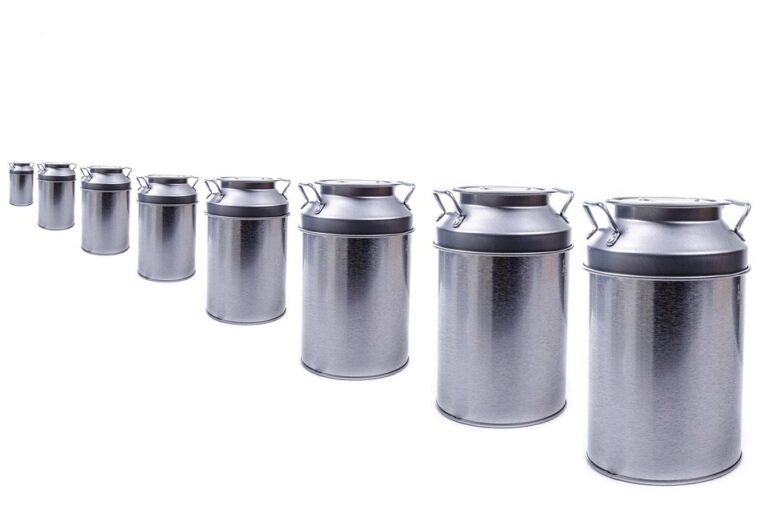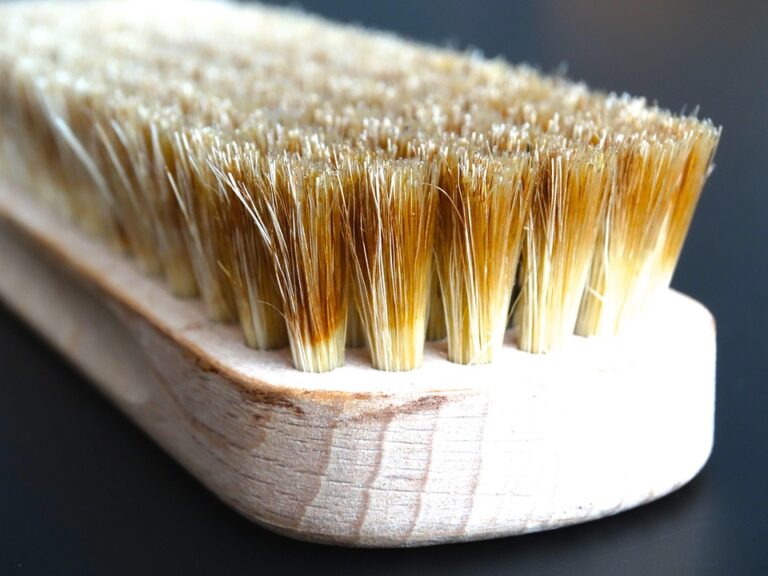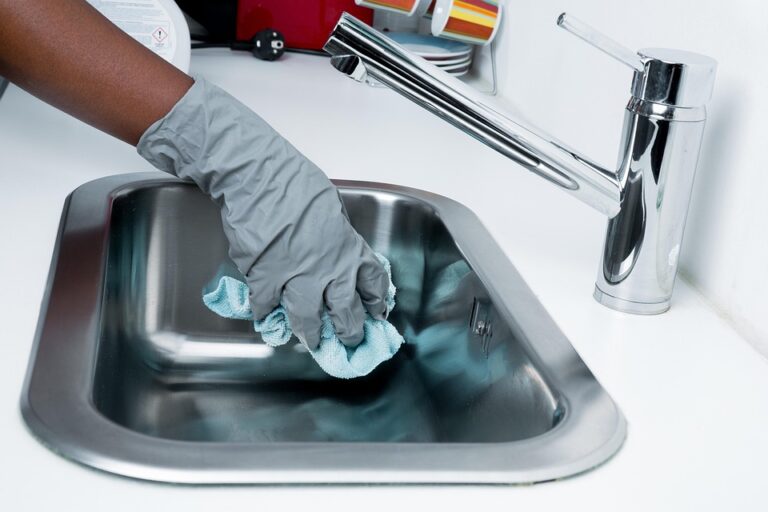
In recent years, the importance of proper face coverings has surged to the forefront of public consciousness. With a plethora of options available, it can be bewildering for consumers to discern which type of mask is suitable for their needs. This guide aims to elucidate the common types of medical masks, offering insights that will empower savvy buyers to make informed choices.
1. Surgical Masks: The Standard Bearers
Surgical masks have long been the go-to choice in healthcare settings. Designed primarily to protect against the transmission of bacteria and viruses, these masks are typically made from multiple layers of non-woven fabric. They provide a barrier between the wearer and potentially infectious droplets. However, one might ponder: are they equally effective in everyday situations?
While surgical masks excel in clinical environments, their efficacy outside these settings may wane, particularly in the face of airborne pathogens. As Dr. Clare Asher, a prominent infectious disease expert, noted, "Surgical masks are not foolproof; they must be used in conjunction with other preventive measures."
2. N95 Respirators: The Heavyweights of Protection
For those seeking a higher level of filtration, N95 respirators are the undisputed champions. Capable of filtering out at least 95% of airborne particles, including large respiratory droplets and smaller aerosols, these masks are a favourite among healthcare professionals. Their snug fit and advanced filtration technology offer a formidable defence against pathogens.
Yet, it’s worth considering the accessibility of N95 masks for the general public. Are they always necessary? The answer can vary. Health officials advise that while N95s provide superior protection, surgical masks are often sufficient for the average person in non-hospital settings. Thus, understanding one’s risk factors is crucial in making the right choice.
3. Cloth Masks: The DIY Revolution
Cloth masks surged in popularity during the pandemic, igniting a wave of creativity among the public. Unlike their medical counterparts, cloth masks are often homemade or commercially produced using various fabrics. They serve as a visible reminder of the collective effort to mitigate virus transmission.
However, questions about their effectiveness abound. A study published in the journal Health Affairs highlighted that while cloth masks can reduce the spread of droplets, their filtration capabilities vary significantly depending on the fabric used. Thus, one must weigh the aesthetic appeal against the practicalities of protection. Are you willing to sacrifice safety for style?
4. Face Shields: A Complementary Option
Face shields, often seen as supplementary to masks, provide a physical barrier against respiratory droplets. While they offer some protection, experts like Professor Sarah Gilbert, the co-developer of the Oxford vaccine, caution that "face shields alone should not replace masks, especially in crowded environments."
Their advantages lie in visibility and comfort, making them a popular choice for those with hearing impairments or those who rely on lip-reading. Yet, they should be viewed as an adjunct to traditional masks, not as a standalone solution.
Making the Right Choice
Navigating the myriad of mask options can be daunting, especially when the stakes are high. Consider the context: are you attending a crowded event, or are you simply popping to the shops? The level of risk should guide your decision.
Moreover, keep in mind that the fit is paramount. A mask that doesn’t seal properly around the edges can significantly diminish its protective capabilities. As the saying goes, "a chain is only as strong as its weakest link"—this holds true for masks as well.
In a world where health and safety are paramount, being a smart buyer means staying informed. With the right knowledge, you can easily select a mask that balances comfort, style, and most importantly, protection.
BargainsTrust continues to bring you curated selections of quality products, ensuring you stay equipped with the best choices for your needs. Whether it’s a surgical mask for a quick errand or an N95 for a high-risk environment, understanding the nuances of these products will empower you to make decisions with confidence.






